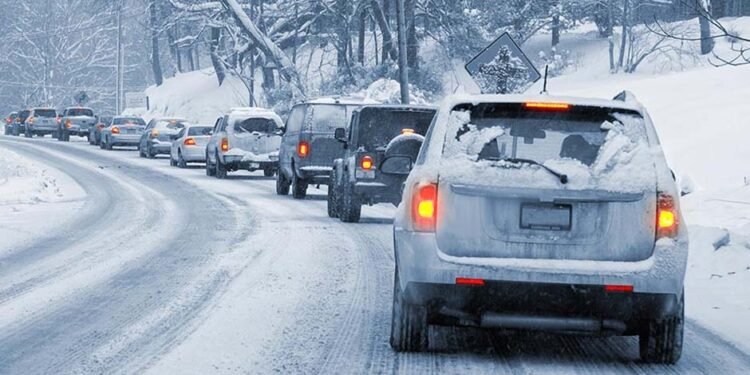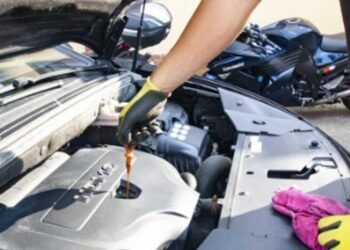Cold weather can present motorists with a range of challenges. To give yourself the best chance of getting through winter while minimising costs and maximising safety, you’ll want to treat your vehicle to a little bit of preventative maintenance. You might also wish to observe a few safety practices.
Allow extra time
Your stopping distances will be vastly increased when the road surface is wet or icy. As such, you’ll want to set out early for every journey. That way, you won’t be tempted into taking unnecessary risks. We should also bear in mind that, for related reasons, you’ll be more likely to come upon delays caused by other road users. The advice is therefore clear: set out early.
You might also look at the weather warnings on the Met Office’s website before you head out.
Pack an emergency kit
Getting stranded in the cold isn’t fun. You’ll therefore want to prepare for that situation by packing an emergency kit. This should include a first-aid kit, a coat and some blankets, safety cones and a high-vis jacket, as well as a few select items to help your car get back up and running: snow shovels, jump leads and fuel cans might all make a difference.
You might need to call for help from the roadside, so make sure that you have a charged phone, and that you have an in-car charger to call upon in an emergency.
Clear your car
Snow and ice can accumulate on your car overnight. Before you set out, it’s crucial that you clear every surface. This stuff can fall off your roof while the car is in motion, potentially blocking the windscreen, or injuring other road users.
Your car insurance policy may contain a clause that specifically relates to this problem. So, by failing to take the right precautions, you might actually be denied a payout in the event of a collision.
Checking tyres
The quality of your tyres will make a big difference during wintertime. Specialised winter tyres come with deeper treads that will resist aquaplaning. The material will also be flexible even in low temperatures, which will make the vehicle more resistant to punctures and blowouts.
Regular checks
Given that your vehicle is going to be under more stress, it’s important to regularly inspect it and make sure that everything is suitably replenished. Liquids should be topped up regularly. Screenwashes and oils that match the conditions should be selected. It’s also worth looking at your lights. Given that the nights are going to be drawing in earlier, you’re going to be more reliant on lights to see where you’re going – and to be seen by other road users.












